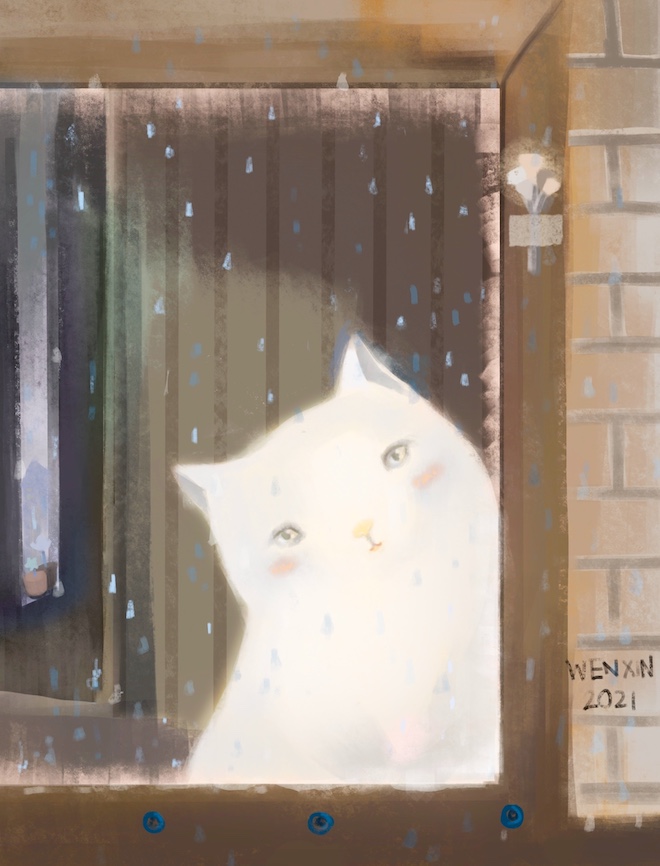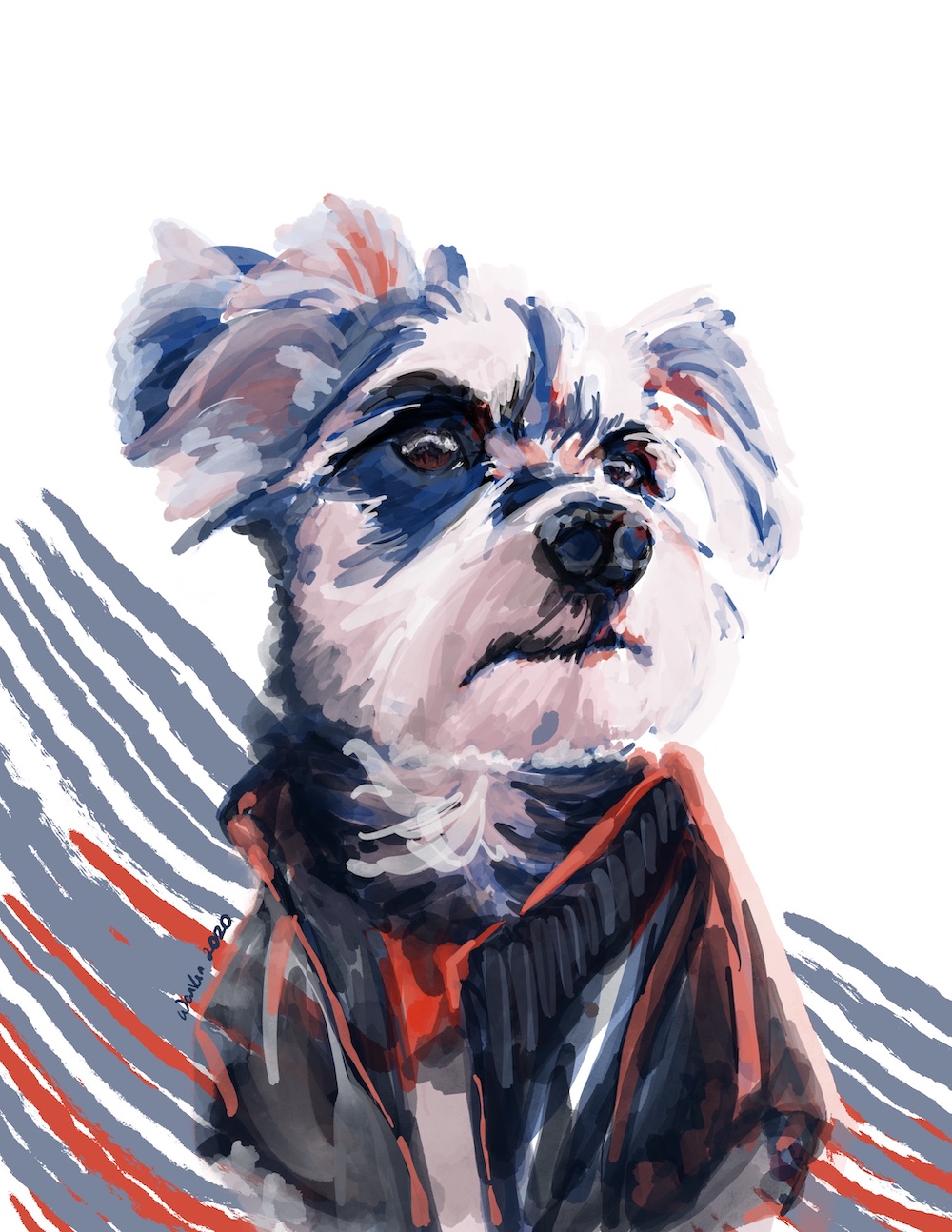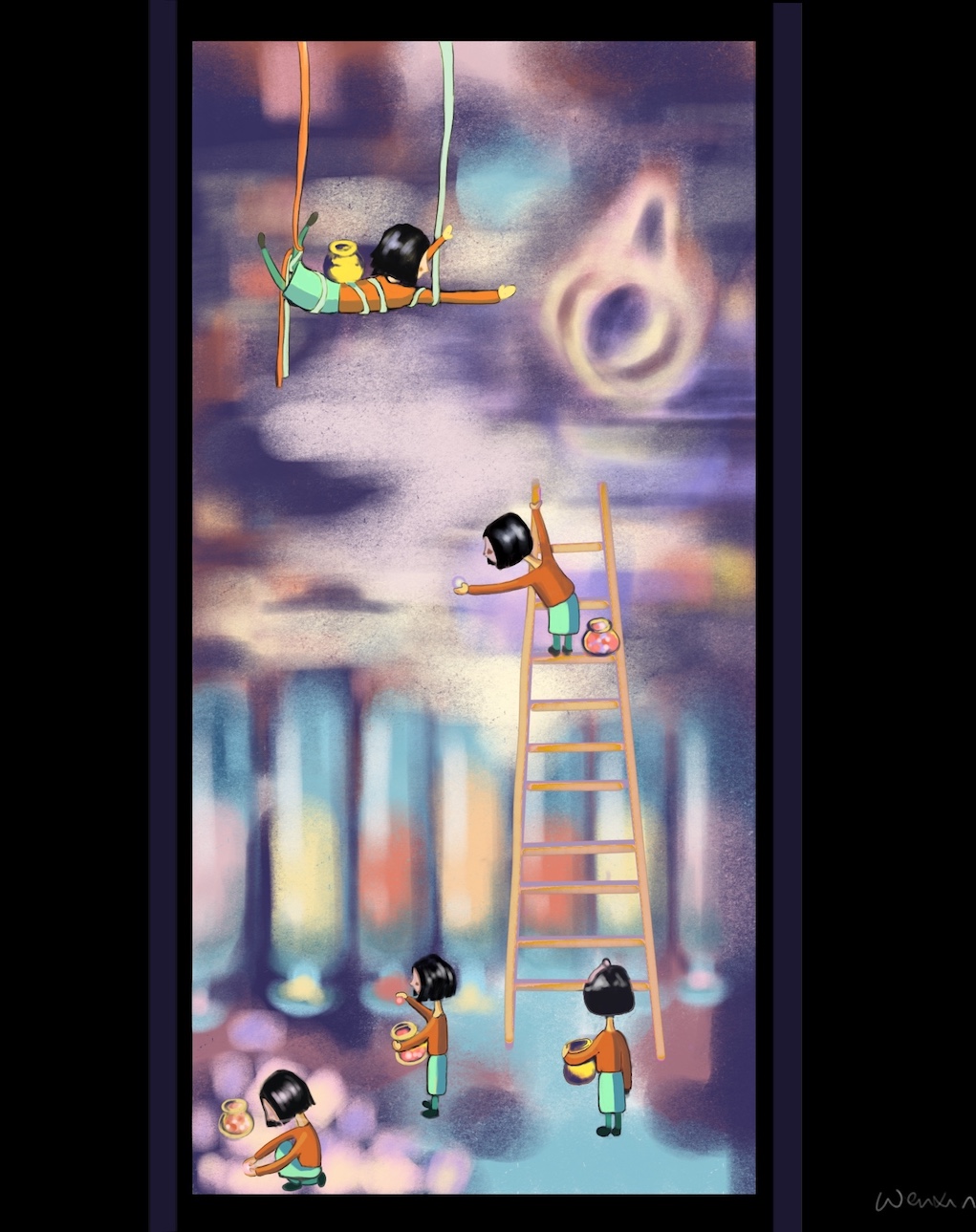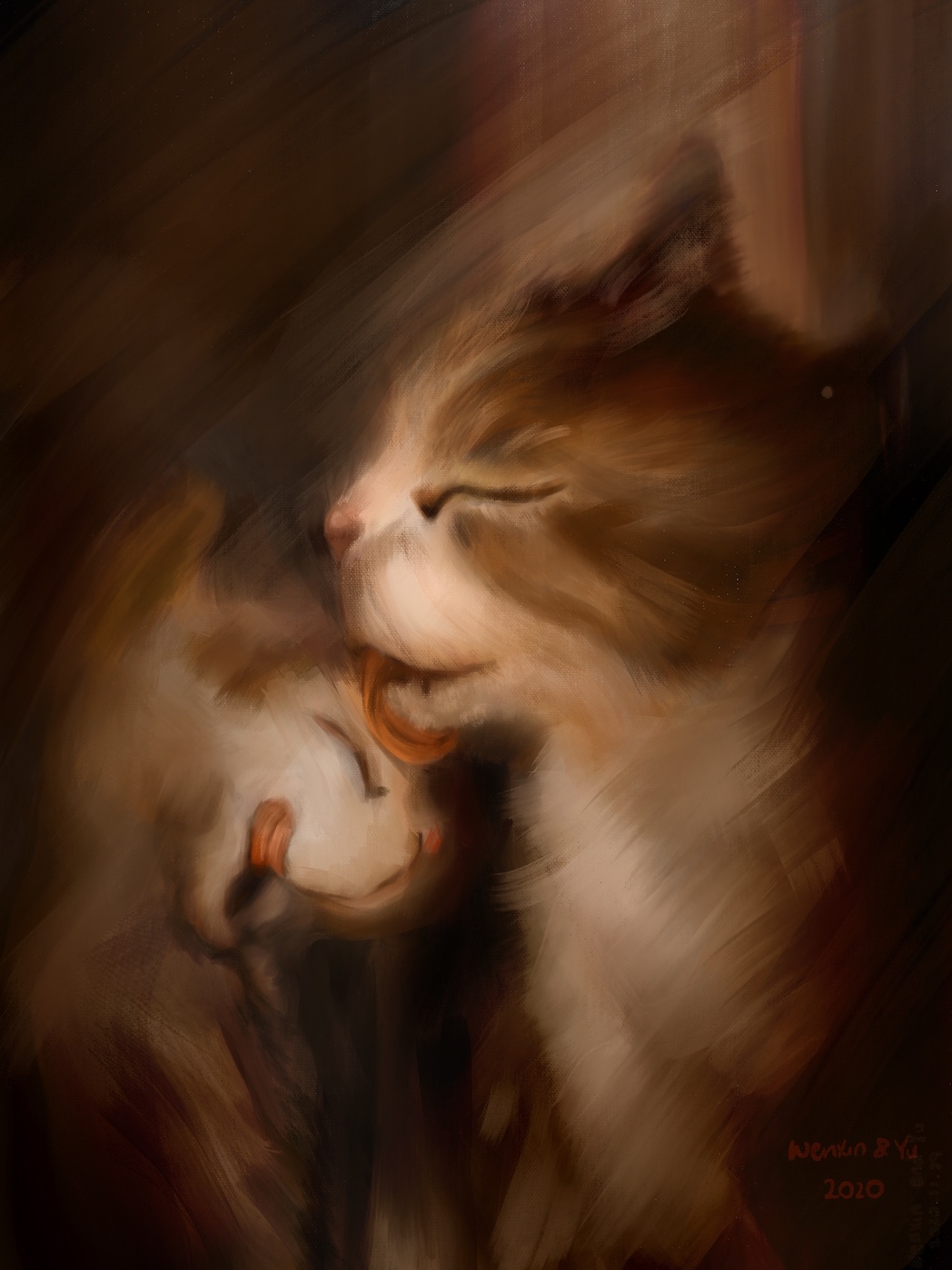WenXin Dong

Hi! Welcome to this corner of the internet :) My name is WenXin Dong. I joined Google as a software engineer after graduating from Stanford University in 2023 with a BS and a MS degree in CS. In my free time, I like to draw and paint :)
Last updated: Feb 13 2024
During the COVID-19 pandemic, 4 Stanford students and I built a website called Club Cardinal, a
virtual
Stanford campus.
After seeing its success, we wanted to build a virtual world available for everyone to use: Virtuali.












More coming soon! :)